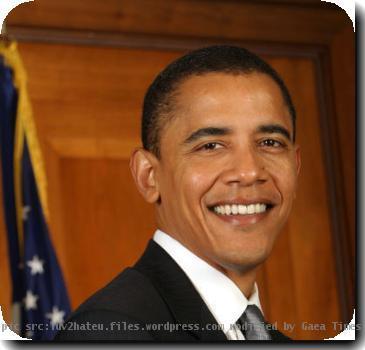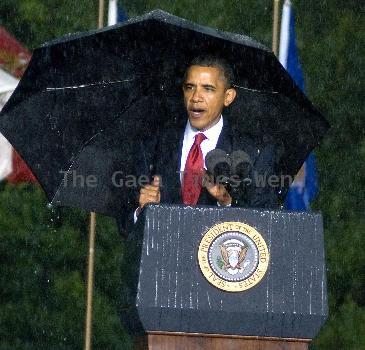China’s move to allow more exchange rate flexibility criticized at home, praised overseas
By Christopher Bodeen, APSunday, June 20, 2010
Chinese criticize move to loosen exchange rate
BEIJING — China’s move to make its currency exchange rate more flexible was criticized at home Sunday after being widely welcomed abroad.
The announcement by the central bank on Saturday suggested a possible break from the yuan’s two-year peg to the U.S. dollar — a major source of friction between the countries — but ruled out any large-scale appreciation.
President Barack Obama welcomed the news, saying it would help protect the economic recovery, while the European Commission said it would benefit “both the Chinese economy and the global economy.”
In its announcement, the People’s Bank of China mentioned no specific policy changes, though markets will be watched closely Monday for its effects. Chinese officials have long stated that reforms to the yuan, also known as the renminbi, or “people’s money,” would be gradual.
The announcement, timed just before President Hu Jintao’s trip to the G-20 summit in Toronto, Canada, follows warnings from Beijing earlier this week against making its currency policies a main focus of the meeting. China has come under heavy pressure to reform from G-20 member countries, including South Africa and Brazil as well as the United States and those in Europe, who argue that the yuan is deliberately undervalued to keep Chinese exports unfairly cheap.
Industrial Bank economist Jiang Shu said the timing of the announcement marked an attempt to divert criticism of China at the meeting.
“It’s a way of throwing out the carpet for the G-20, displaying again to international society the Chinese government’s determination on the exchange rate issue,” Jiang was quoted as saying on the website of the National Business Daily, a leading financial newspaper.
However, many Chinese experts and commenters on Internet message boards criticized the announcement as a cave-in to foreign pressure that would ultimately damage China’s crucial export sector.
“From an economic angle, the appreciation of the renminbi will have a definite effect on exports, but in terms of politics and macroeconomic policy, it can be seen as a result of the need for balance,” said Zhao Xijun, deputy dean of the School of Finance of Renmin University.
Also writing on the National Business Daily website, economist Ye Tan said the move would pile pressure on exporters already contending with a roughly 15 percent appreciation of the renminbi against the euro, as well as rising labor costs.
“China’s exports are unstable and this is having a major impact on the actual economy,” Ye wrote. “Appreciation of the renminbi needs to wait until economic readjustment is certain and China’s domestic demand has truly expanded,” Ye said.
On the message boards at the popular Sohu.com portal, commentators vilified the move as a sellout that betrayed long-standing government claims that the exchange rate was not a problem. Some commentaries on there and other forums were quickly removed by censors drilled to stymie criticism of the government or discussion of sensitive topics.
Beijing has kept the yuan frozen against the dollar to help Chinese manufacturers compete amid weak global demand. Under pressure from its trading partners, China began letting the yuan appreciate gradually against the U.S. dollar in 2005, but halted that abruptly in 2008 as the global financial crisis took effect.
Since then, the yuan’s value has remained at roughly 6.83 to $1, although it is formally pegged to a basket of currencies that includes the U.S. dollar.
Online:
www.pbc.gov.cn/
Tags: Asia, Barack Obama, Beijing, China, East Asia, Greater China, Hu Jintao, North America, Summits, United States



